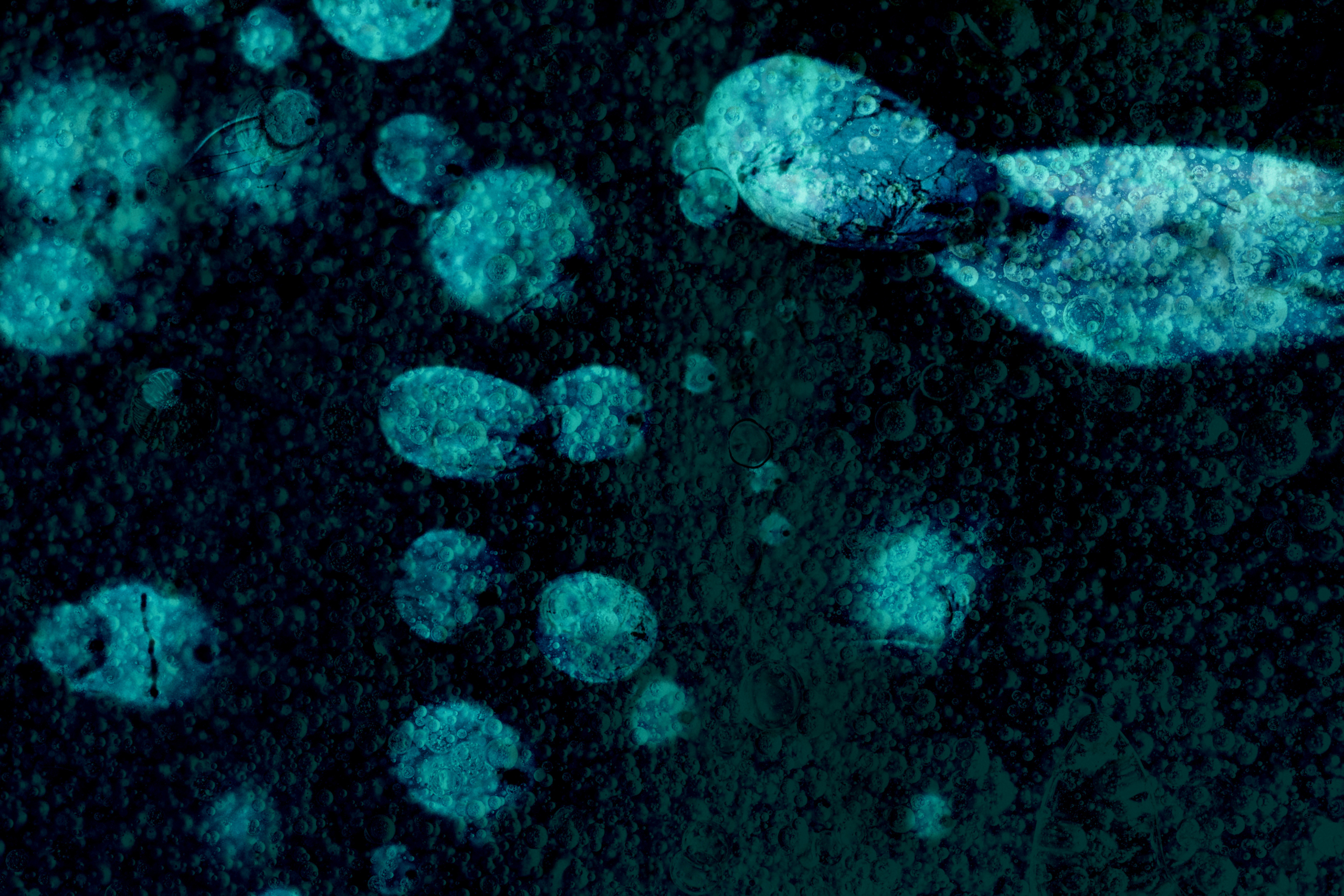At LH Travis, we have talked about the importance of properly storing oil before in order to prevent contamination. Now, we’d like to dig a little deeper into just what types of substances can cause contamination issues with lubricants. Specifically, let’s take a look at microbial contaminants.
What Is Microbial Contamination?
When a substance, such as oil, is contaminated with microorganisms like bacteria, mold spores, viruses, and similar microscopic living things, this is what we mean by “microbial contaminants.”
People don’t often think about the microorganisms that can get into equipment and lubricants, but these tiny creatures are literally all around us, so naturally they can show up in machinery, too. Of course, these germs won’t make machines sick, but they can play a role in spreading disease among the humans who work with and around the machines.
Machinery can still be affected by microbes, however. Microorganisms are alive, meaning they will eat, grow, excrete waste material, and reproduce. What do microorganisms eat in oil? Generally, they consume the carbon in hydrocarbon molecules. This can result in oxidation of the oil, which in turn can lead to the formation of acid as a byproduct.
Preventing Microbial Growth
Certain environments and substances are more conducive to microbial growth than others. Substances that contain water and areas that are dark and stagnant are the big indicators for a risk of microbial contamination. These types of areas should be checked regularly, with laboratory analysis performed to determine the presence of unexpected acids, as this is the best way to detect microbial growth.
At LH Travis, we recommend storing oil and grease in a place that is cool, clean, and dry to best protect these substances from contamination with microorganisms.
When You Need Us, Just Call
You can reach the industrial lubricant experts at LH Travis by calling (863) 967-0628. If you’re uncertain about the efficacy of an oil you’ve had in storage for a while, or have any other questions, just give us a call.

